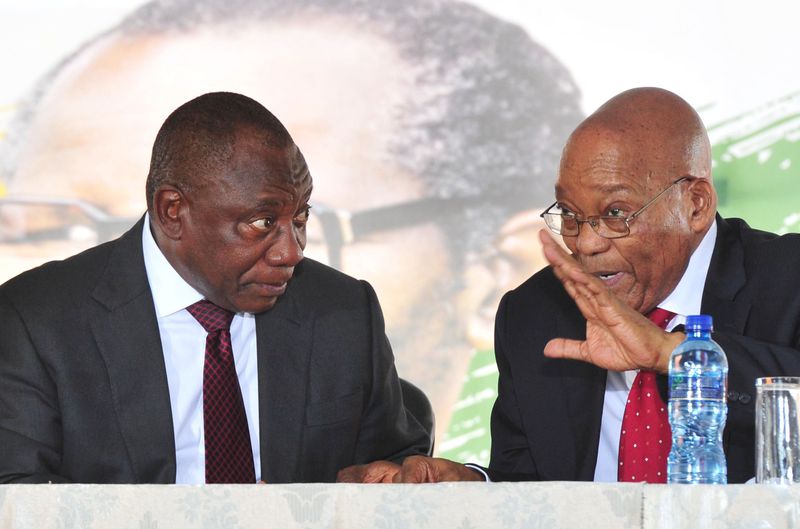Former South African president Jacob Zuma – who now leads the opposition uMkhonto weSizwe party – narrating the political influence of the African National Congress (ANC), Africa’s oldest liberation movement, in the region, particularly in Zimbabwe.
He explains that the ANC, formed in 1912, influenced formation of nationalist movements in the region.
Zuma talks about Joshua Nkomo, Zimbabwe’s founding nationalist leader whom he describes as “umholi oqotho; Zulu/Ndebele for a genuine, honest and reliable leader”.
Nkomo, like many African other nationalists from Zimbabwe, including Herbert Chitepo and Robert Mugabe for example, was educated in South Africa in the 1940s.
When Nkomo returned home, he influenced formation of a mass nationalist movement.
The first mass nationalist party to emerge in Rhodesia was the
Southern Rhodesian African National Congress (SRANC) led by Nkomo in 1957.
The SRANC was a merger of the Bulawayo-based African National Council and the City Youth League from Salisbury.
SRANC was later simply called ANC.
The emergence of the ANC in Rhodesia subsequent was in the context of the quickening pace of African nationalism in the post-Second World War era which resulted in the landmark and inspirational independence of Ghana in 1957.
The Rhodesian ANC challenged
the colonial regime’s racial system and policies such as destocking, an unpopular government-initiated soil conservation policy and the Land Husbandry Act (1951), a loathsome piece of legislation that included reducing the size of African land holdings and the number of cattle individuals could hold, while undermining the chiefs’ traditional control of the land.
In February 1959, the Rhodesian government declared a state of emergency and banned the ANC under the newly-created Unlawful Organisations Act. Party assets were confisticated, while over 500 political leaders were arrested.
However, Rhodesian African nationalists, growing increasingly impatient and militant, were unrelenting and formed the National Democratic Party (NDP) on 1 January 1960 under Nkomo’s leadership.
The key demand by the NDP was majority rule through universal suffrage.
The NDP’s growing militancy, particularly the country wide protests from late 1960 that resulted in widespread destruction of property and some deaths of protestors, led to its banning in December 1961.
The nationalists responded by establishing Zapu, again under Nkomo. It was also banned in 1962.
The People’s Caretaker Council was formed as a temporary replacement internally, while Zapu remained externally.
Zapu was soon riddled with serious internal contradictions and explosive divisions with ethnic undertones, resulting in its split in 1963 when a new party, Zanu, was formed under Ndabaningi Sithole. Political parties were the quintessential of national movements.
They emerged in the period between the two World Wars to give a more organised character to national movements across Africa.
Besides the ANC in South Africa, there were other popular parties elsewhere, including the Kenyan African National Union (Kanu) in Kenya, Tanganyika African National Union (Tanu) in Tanzania, National Council of Nigeria and Cameroons in Nigeria, Zapu and later Zanu in Zimbabwe, the ANC and Unip in Zambia, and Nyasaland African Congress and Malawi Congress Party.
Many of these parties suffered internal conflicts which resulted in fragmentation, for instance Zanu was a splinter from Zapu.
In the Gold Coast, the Convention People’s Party broke away from the United Gold Coast Convention.
The Zimbabwean situation had a dramatic impact on the course of the liberation struggle and history, including the current crisis.
Newshawks













